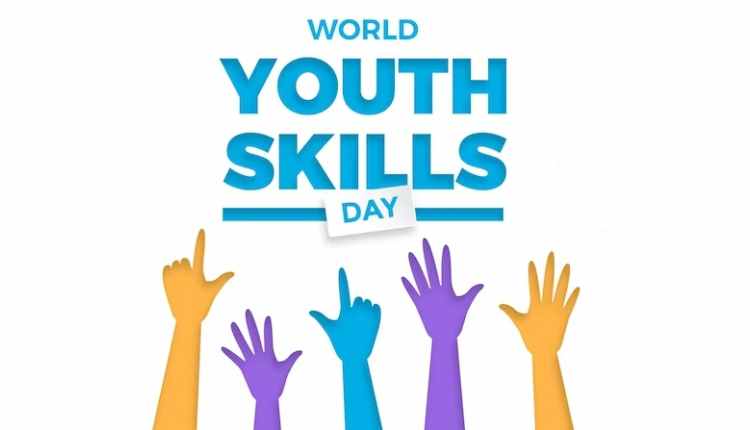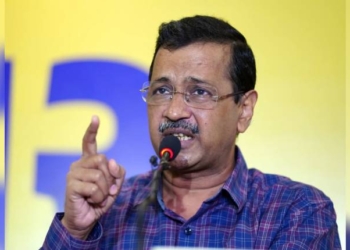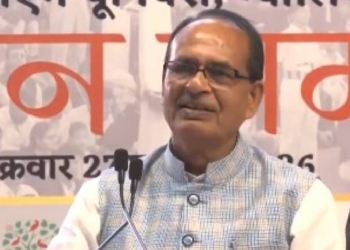New Delhi: As machines get smarter and the world gets more specialised, India is taking significant strides towards becoming the skills capital of the world.
The government is drawing up an ambitious skilling upgrade plan aimed at training and supplying skilled Indian workers globally while forging partnerships with nearly 30 countries in need of a competent workforce.
Today, the World Youth Skills Day, is a great reminder of the need to skill and equip our workforce with tools and techniques which will help companies and societies benefit from new changes and also make the workforce future ready.
Harshvendra Soin, Global Chief People Officer & Head — Marketing, Tech Mahindra states: “This World Youth Skills Day is an excellent opportunity to recalibrate our efforts towards skilling. In the current scenario, there is a need for the workforce to be future-ready and thus, the need to be a part of the reskilling revolution is imperative.”
According to the World Economic Forum’s Future of Jobs report, 50 per cent of all employees will need reskilling by 2025, escalating the need to upskill and reskill the employees.
As organisations are gradually becoming digitally savvy, upskilling employees in future technologies is crucial to avoid any gap between the skillsets available and the organization’s needs.
As Anku Jain, MD, MediaTek India says: “new-age disruptive technologies such as AI, IoT, ML, and cloud computing have become the core of everything we do, and this momentum demands new digital skill sets.”
Sqn Ldr Dimple Rawat (Retd), Director HR, Barco India emphasises the need for collaboration and risk-taking to foster a generation of job creators and innovators who will drive India toward a brighter and more inclusive future.
The government’s skilling upgrade plan will focus on specific sector requirements, as part of its multi-pronged strategy to train and supply skilled Indian workers across the globe.
The plan envisages skilling courses, international certification, pre-departure orientation training, soft skills, multi-cultural training and other support for overseas mobility through the 30-odd Skill India International Centres (SIICs) being set up across the country.
Agendra Kumar, MD, Esri India, projects that the Indian Geospatial Industry will generate over 10 lakh jobs by 2025, emphasizing the vast potential in this sector. He believes in partnering with academia to equipping science, engineering, and technology students, youth, and mid-career professionals with geospatial knowledge and skills.
Leading industry bodies like Telecom Sector Skill Council (TSSC) are also working aggressively to ensure adequate availability of skilled manpower with a focus on young talent to boost growth and productivity in their respective industry sectors.
India’s focus on skilling serves as a testament to the country’s commitment to empowering its youth, fostering innovation, and building a transformative future through an inclusive approach.
Women are poised to be an important part of this journey as reflected in the latest DivHERsity Benchmarking Report 2022-23, powered by HerKey which reveals that women now represent nearly 50 per cent of employees in surveyed companies, showcasing a remarkable surge of 17 per cent compared to 2021.
(IANS)















